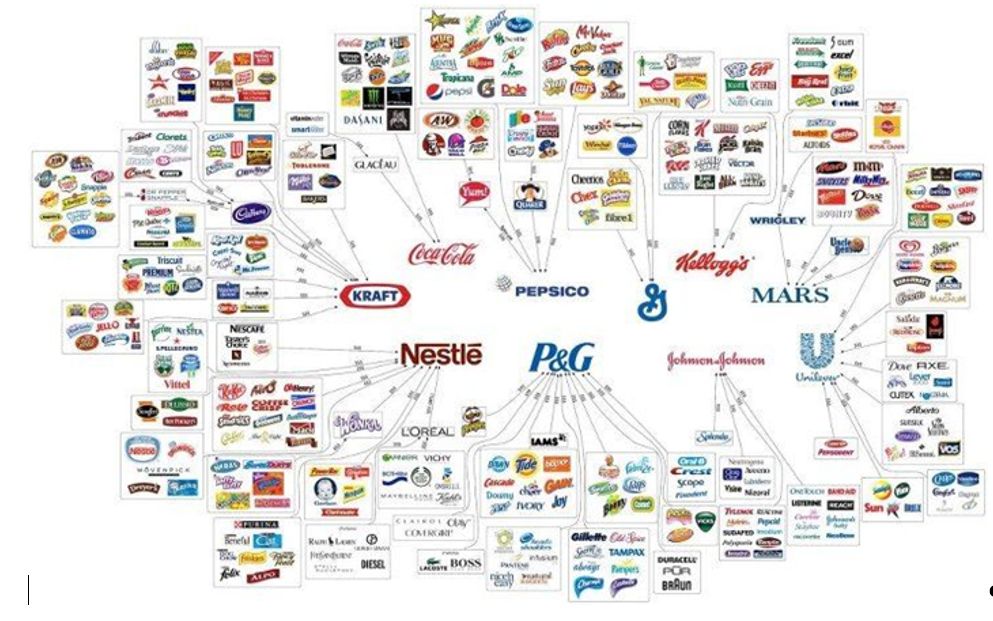The role of the transnational ultra-processed food industry in the pandemic of obesity and its associated diseases: problems and solutions
Abstract
Policies to control and prevent the pandemic of obesity and related conditions and diseases have failed. This is because the efficient causes of the pandemic have not yet been agreed. We state here that its outstanding immediate cause is the increased and rapidly increasing consumption of ultra-processed foods, which displace unprocessed or minimally processed foods and freshly prepared dishes and meals, most conspicuously now in middle- and lower-income countries.
The underlying cause of this is the phenomenal rise since the 1980s of the transnational corporations whose huge profits depend on the use of cheap ingredients and arrays of additives made into ultra-processed food. The scale and power of the transnationals, which tend towards oligopoly, and their penetration of middle and lower-income countries, have been accelerated by global political and economic agreements that have deregulated trade and allowed capital flow that opens countries to penetration by foreign businesses.
Food is essential for life and health, but there is no need to consume ultra-processed foods. In this sense, they are similar to tobacco products. The same statutory policies and programmes that are applied to smoking should be adapted to limit and reduce consumption of ultra-processed foods. Revenue from taxation should be used to protect local food producers and retailers, to promote healthy and sustainable diets, and to ensure food security for vulnerable populations. Overall, a Framework Convention on Food Systems, promulgated by the relevant United Nations agencies as agreed by UN member states, supported by professional and civil society organisations and social movements, is needed. This will be designed to create healthy food systems and supplies and thus healthy diets that also are beneficial socially, culturally, economically and environmentally.

Authors retain all copyrights. In making a submission to World Nutrition, they are certifying that all material is theirs except quotations, as indicated, and that they have obtained permission for any photos, tables, or graphics taken from other publications or websites.




